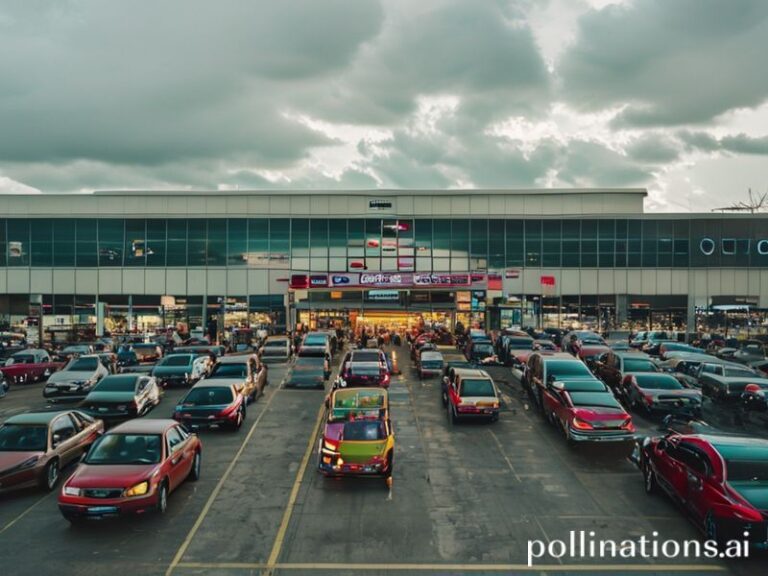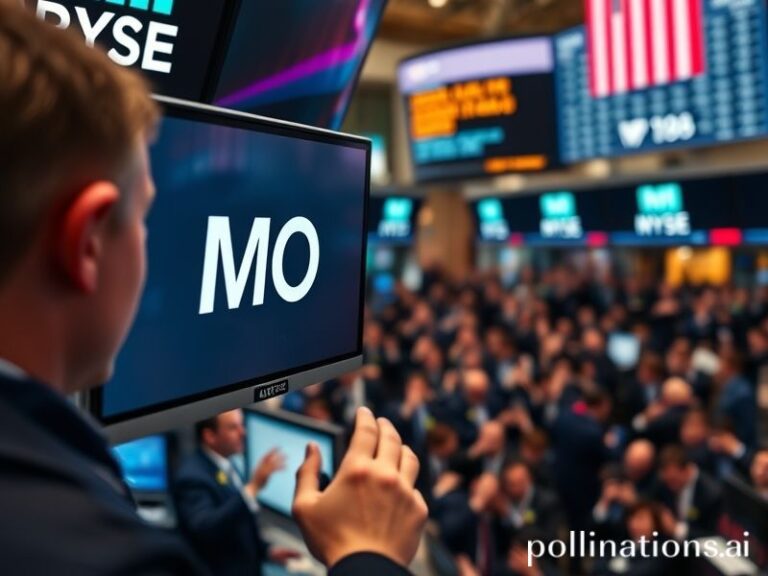Gen Z: The Planet’s Overqualified, Underpaid Repair Crew for a World on Fire
Generation Z, the planet’s first true digital natives, arrived squalling somewhere between the late-1990s and the early-2010s, depending on which demographer you bribe. They are now roughly 12 to 27 years old—old enough to vote, drink (where legal), and still be sent to bed without Wi-Fi. Internationally, they are the largest generational cohort in human history, clocking in at two billion souls, or, if you prefer, one unpaid TikTok intern for every three Baby Boomers still clinging to their corner offices.
Born into a world where the Cold War had already been cancelled for lack of interest, Gen Z has never known dial-up, fax machines, or a moment when the Internet wasn’t busy harvesting their data like an overenthusiastic combine harvester. While Millennials once bragged about remembering life before smartphones, Gen Z rolls its collective eyes and asks, “What’s a phone call?” They prefer subtitles to small talk and would rather ghost a recruiter than endure a two-minute elevator pitch.
Globally, their childhoods were soundtracked by the dull thud of economic crises—2008, the Eurozone meltdown, pandemic recessions—like lullabies composed by a sadistic percussionist. They learned early that the house always wins, so they diversified early: Korean dramas, Nigerian Afrobeats, and Brazilian fintech all live harmoniously in the same algorithmic flat. Borders are for passports, not playlists.
Politically, Gen Z is what happens when climate anxiety meets hyper-connectivity. In Chile, they triggered constitutional rewrites; in Sudan, they live-tweeted revolutions; in the United States, they weaponized memes to tank a presidential rally. Older regimes, still issuing press releases like it’s 1995, now discover that a 19-year-old with a ring light can outmaneuver a ministry of information. The humor is pitch-black: they joke about retirement consisting of “collecting bottle caps in the water wars,” then open a Robinhood account anyway.
Workplaces from Toronto to Tel Aviv are discovering that the traditional 9-to-5 now competes with a side hustle selling digital sneakers in the metaverse. Gen Z’s idea of loyalty is a three-month contract and a Slack emoji. They demand mental-health days, carbon offsets, and a manager who doesn’t email at 11 p.m.—requests that sound utopian to a Gen X boss who once considered a pager a status symbol.
Economically, they are the thrift-store heirs to broken supply chains. Inflation is not a headline; it’s the reason they still live with their parents in Mumbai, Manchester, or Mexico City. Yet they move money faster than a Swiss banker on espresso: QR codes, crypto, buy-now-pay-later schemes that would make a 1990s loan shark blush. Brands that can’t speak fluent irony are ghosted faster than last season’s meme format.
Culturally, Gen Z has weaponized nostalgia for things they never actually experienced—vinyl, Y2K fashion, flip phones—creating a retro-future that looks like a thrift shop curated by AI. Their lingua franca is layered: a Korean phrase dropped into a Lagos street slang meme, subtitled in Spanish. Humor is the currency, depression the common cold. Suicide rates climb, yet they laugh at “doomscrolling” like it’s cardio.
The broader significance? Gen Z is the first cohort whose entire existence is an opt-in data experiment. Their hopes, fears, and snack preferences are permanently cached in a server farm cooled by the Arctic breeze we’re simultaneously melting. The world they inherit is on fire—literally, from Athens to Alberta—and they have been handed a squirt gun labeled “innovation.” Still, they show up, ring lights blazing, to argue about microaggressions and macroeconomics in the same breath.
In short, Gen Z is what humanity looks like when the operating system updates mid-flight and the pilot’s manual is still buffering. They are cynical yet collaborative, broke yet networked, anxious yet allergic to silence. Whether they become the generation that finally fixes the planet or simply the last one to remember what “offline” meant is the cliffhanger none of us can skip.







